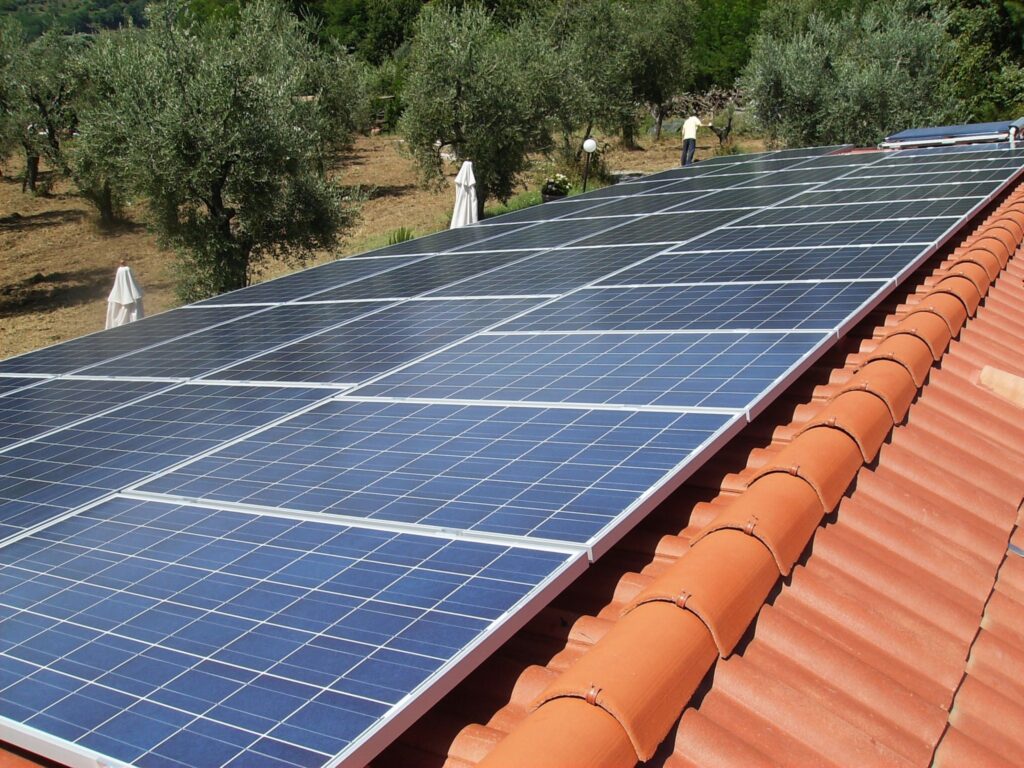Several criteria determine the quality and efficiency of a solar panel. Here are some of the key factors to consider when evaluating the quality of a solar panel:
- Efficiency: High-efficiency solar panels convert sunlight into electricity more efficiently, generating more power within a given area. Higher efficiency typically translates to better performance in low-light conditions and higher overall energy production.
- Durability and Warranty: Look for solar panels with a robust design and a long-term warranty. A strong warranty is an indicator of the manufacturer’s confidence in the durability and performance of their product over an extended period, usually 25 years or more.
- Temperature Coefficient: A good solar panel has a low-temperature coefficient, meaning it can maintain its efficiency even at high temperatures. Lower temperature coefficients imply that the panel’s performance will degrade less in hot climates.
- Performance in Low Light: Panels that can generate electricity even under low light conditions, such as during cloudy days or early mornings and late afternoons, are considered better. Look for panels that have good performance in diffused light situations.
- Degradation Rate: The best solar panels have a low degradation rate, meaning they lose their efficiency at a slower rate over time. Look for panels with degradation rates of less than 0.5% per year.
- Certifications and Standards Compliance: Check if the solar panel meets industry standards and certifications such as the International Electrotechnical Commission (IEC) certification, UL listing, and compliance with relevant local regulations. These certifications ensure the panels’ safety and performance.
- Aesthetics: For some installations, the appearance of the panels may be important. Look for panels that are sleek, well-designed, and blend in seamlessly with the structure they are mounted on.
- Cost-Effectiveness: While not an indicator of quality alone, the cost of the solar panel should be considered in relation to its quality, efficiency, and expected lifespan. A balance between upfront cost and long-term benefits should be taken into account.
When considering these criteria, it is essential to assess your specific requirements, budget, and the environmental conditions in which the solar panels will be installed. Consulting with a reputable solar installer or an expert in the field can provide valuable insights to help you make an informed decision.


